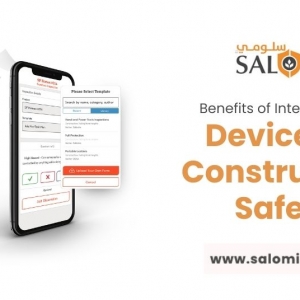Introduction
Healthcare practices in Florida face constant pressure to balance patient care with administrative responsibilities. Long wait times, missed calls, and scheduling errors can quickly harm patient satisfaction. To address these challenges, many clinics are turning to a Virtual Medical Receptionist in Florida.
These professionals offer seamless front-desk support without the overhead of in-house staff, helping practices stay efficient while improving patient experiences.
What Is a Virtual Medical Receptionist?
A Virtual Medical Receptionist functions just like an in-office front desk staff member, but they work remotely. They handle:
- Patient scheduling and appointment confirmations
- Managing inbound calls and inquiries
- Insurance verification and billing support
- Coordinating with physicians and medical staff
- Maintaining HIPAA-compliant patient records
By outsourcing these tasks, practices gain the flexibility to focus more on delivering quality care instead of managing paperwork and calls.
Why Florida Clinics Need Virtual Receptionists
Florida’s healthcare system serves a large and diverse patient population, including retirees, working families, and Spanish-speaking communities. With rising patient demand, many clinics struggle to keep up.
A Virtual Medical Receptionist helps solve this problem by ensuring every call is answered and every patient feels supported. For smaller clinics and private practices, this service is a cost-effective alternative to hiring additional in-office staff.
Key Benefits for Florida Healthcare Providers
1. Cost Savings
Hiring full-time in-office staff comes with salaries, benefits, and overhead costs. Virtual receptionists reduce expenses while providing the same professional service.
2. HIPAA Compliance
Protecting patient privacy is critical. Virtual medical receptionists are trained in HIPAA regulations (source: HIPAA.gov), ensuring secure handling of sensitive health information.
3. Bilingual Support
Florida has a large Spanish-speaking population. Many virtual receptionists offer bilingual communication, reducing barriers and improving patient trust.
4. 24/7 Availability
Patients often call outside of regular office hours. Virtual receptionists provide flexible coverage, so no call goes unanswered.
5. Improved Patient Satisfaction
By reducing wait times and ensuring clear communication, virtual receptionists create a smoother patient experience. This directly impacts patient retention and referrals.
How Virtual Receptionists Support Telehealth Growth in Florida
Florida has seen rapid adoption of telehealth services in recent years. According to the NIH, virtual healthcare solutions improve access and reduce healthcare costs.
A Virtual Medical Receptionist in Florida plays a vital role in this transition by:
- Coordinating telehealth appointments
- Assisting with patient onboarding
- Sending reminders and follow-ups
- Troubleshooting basic technical issues for patients
This ensures that telehealth visits run smoothly, improving both provider efficiency and patient satisfaction.
Choosing the Right Virtual Medical Receptionist in Florida
When selecting a provider, healthcare practices should consider:
- HIPAA-compliance training
- Experience in medical scheduling and billing
- Bilingual support options
- Availability (after-hours or weekend coverage)
- Integration with existing EHR systems
Providers such as Virtual Medical Receptionist in Florida offer customized solutions designed to meet the needs of local clinics.
Conclusion
For healthcare providers in Florida, a Virtual Medical Receptionist is more than just administrative support—it’s a way to enhance patient care, reduce costs, and keep clinics running smoothly.
With the right partner, practices can ensure that no call goes unanswered and every patient feels supported. Healthcare providers can explore ProVMA’s Virtual Medical Receptionist solutions to achieve secure, reliable, and patient-friendly front-desk support.






